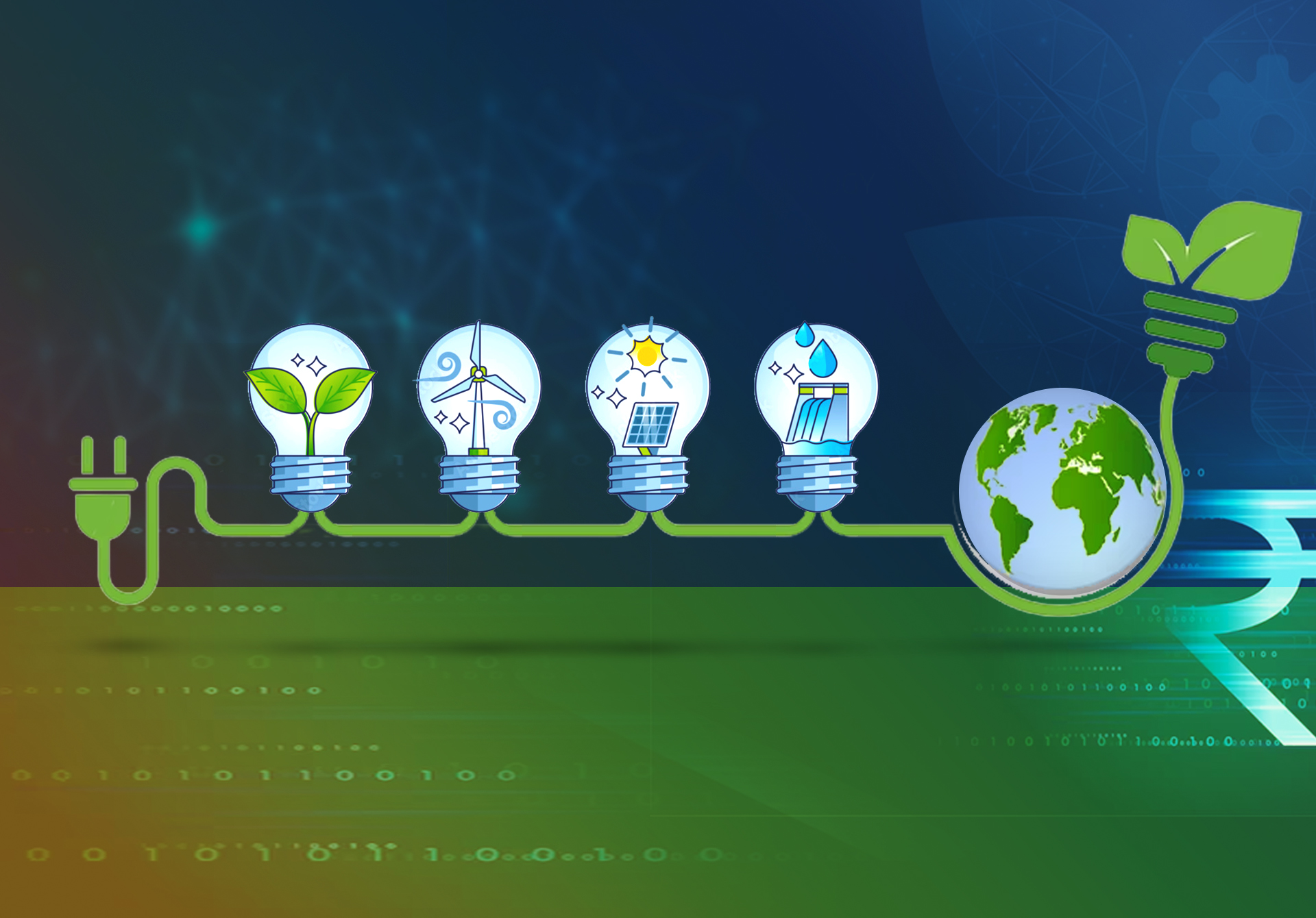As the world continues to grapple with the effects of climate change, the need to switch to alternative sources of energy becomes even more pressing. Alternative energy refers to any source of energy that is not derived from fossil fuels such as oil, coal, and gas. Investing in alternative energy has become a critical aspect of addressing climate change, reducing carbon emissions, and promoting sustainable development. In this blog post, we will explore the opportunities and challenges of investing in alternative energy.
What is Alternative Energy?
Alternative energy refers to energy sources that are not derived from fossil fuels. It includes a variety of sources such as solar power, wind power, hydropower, geothermal energy, bioenergy, and hydrogen fuel cells. These sources of energy are renewable, meaning that they can be replenished naturally and are available for the long term. Unlike fossil fuels, they do not emit harmful pollutants into the environment, making them a cleaner and more sustainable alternative.
The Need for Switching to Alternative Energy
The continued use of fossil fuels has led to the emission of harmful greenhouse gases, which contribute to global warming and climate change. The impacts of climate change are far-reaching and include rising sea levels, increased frequency and intensity of natural disasters, and loss of biodiversity. By switching to alternative sources of energy, we can reduce our dependence on fossil fuels and mitigate the impacts of climate change. Additionally, alternative energy sources can provide greater energy security, as they are not subject to the price volatility and geopolitical risks associated with fossil fuels.
Types of Alternative Energy
There are several types of alternative energy sources that are available for investment. These include:
- Solar Power: Solar energy is derived from the sun and can be harnessed using solar panels. It is a clean and renewable source of energy that can be used for a variety of applications, including powering homes and businesses.
- Wind Power: Wind energy is derived from the wind and can be harnessed using wind turbines. It is a clean and renewable source of energy that is becoming increasingly cost-effective.
- Hydropower: Hydropower is derived from the energy of moving water and can be harnessed using dams or turbines. It is a clean and renewable source of energy that is particularly useful for generating electricity.
- Geothermal Energy: Geothermal energy is derived from the heat of the earth and can be harnessed using geothermal power plants. It is a clean and renewable source of energy that is particularly useful for heating and cooling buildings.
- Bioenergy: Bioenergy is derived from organic matter such as crops, wood, and waste. It can be converted into biofuels such as ethanol and biodiesel, which can be used to power vehicles.
- Hydrogen Fuel Cells: Hydrogen fuel cells use hydrogen gas to produce electricity. They are a clean and renewable source of energy that can be used for a variety of applications, including powering vehicles and homes.
Opportunities in Building Alternative Energy
Investing in alternative energy presents several opportunities for businesses and investors. As governments around the world set ambitious targets for reducing carbon emissions, there is a growing demand for clean and renewable sources of energy. This presents an opportunity for businesses to develop and commercialize innovative technologies in the alternative energy sector and that’s where Evolute Cleantech Solutions has introduced its innovative solution. Additionally, the transition to alternative energy sources will require significant investment in infrastructure, supplying opportunities for companies that specialize in engineering, construction, and project management.
Challenges to be Faced in the Usage of Alternative Energy
While investing in alternative energy presents several opportunities, there are also several challenges that must be addressed. One of the main challenges is the intermittent of some renewable energy sources, such as solar and wind power. In conclusion, investing in alternative energy presents both opportunities and challenges. The need to switch to alternative sources of energy has become increasingly urgent as we seek to mitigate the impacts of climate change and reduce our dependence on fossil fuels. Alternative energy sources such as solar power, wind power, hydropower, geothermal energy, bioenergy, and hydrogen fuel cells are renewable, cleaner, and more sustainable alternatives to fossil fuels. Investing in alternative energy presents opportunities for businesses and investors to develop innovative technologies and infrastructure, particularly in the engineering, construction, and project management sectors. However, some challenges must be addressed, such as the intermittent of some renewable energy sources and the need for significant investment in infrastructure. As we move towards a more sustainable future, investing in alternative energy will play a crucial role in mitigating the impacts of climate change and promoting sustainable development. By investing in clean and renewable sources of energy, we can create a more resilient and sustainable energy system that benefits both the environment and society.





